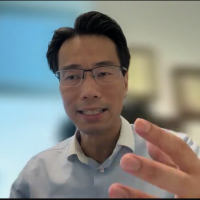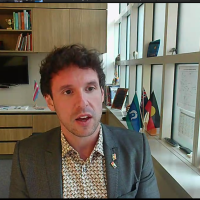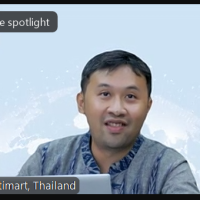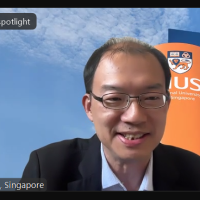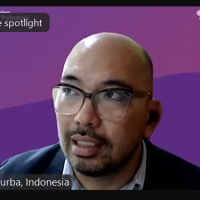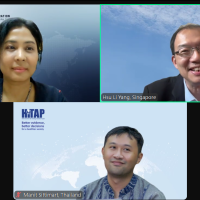- Home
- Meetings & Events
- Events
- Southeast Asia Health Security Virtual Roundtable – Harnessing Insights for a Comprehensive Approach to Future Pandemic Preparedness
Meetings & Events
Southeast Asia Health Security Virtual Roundtable – Harnessing Insights for a Comprehensive Approach to Future Pandemic Preparedness
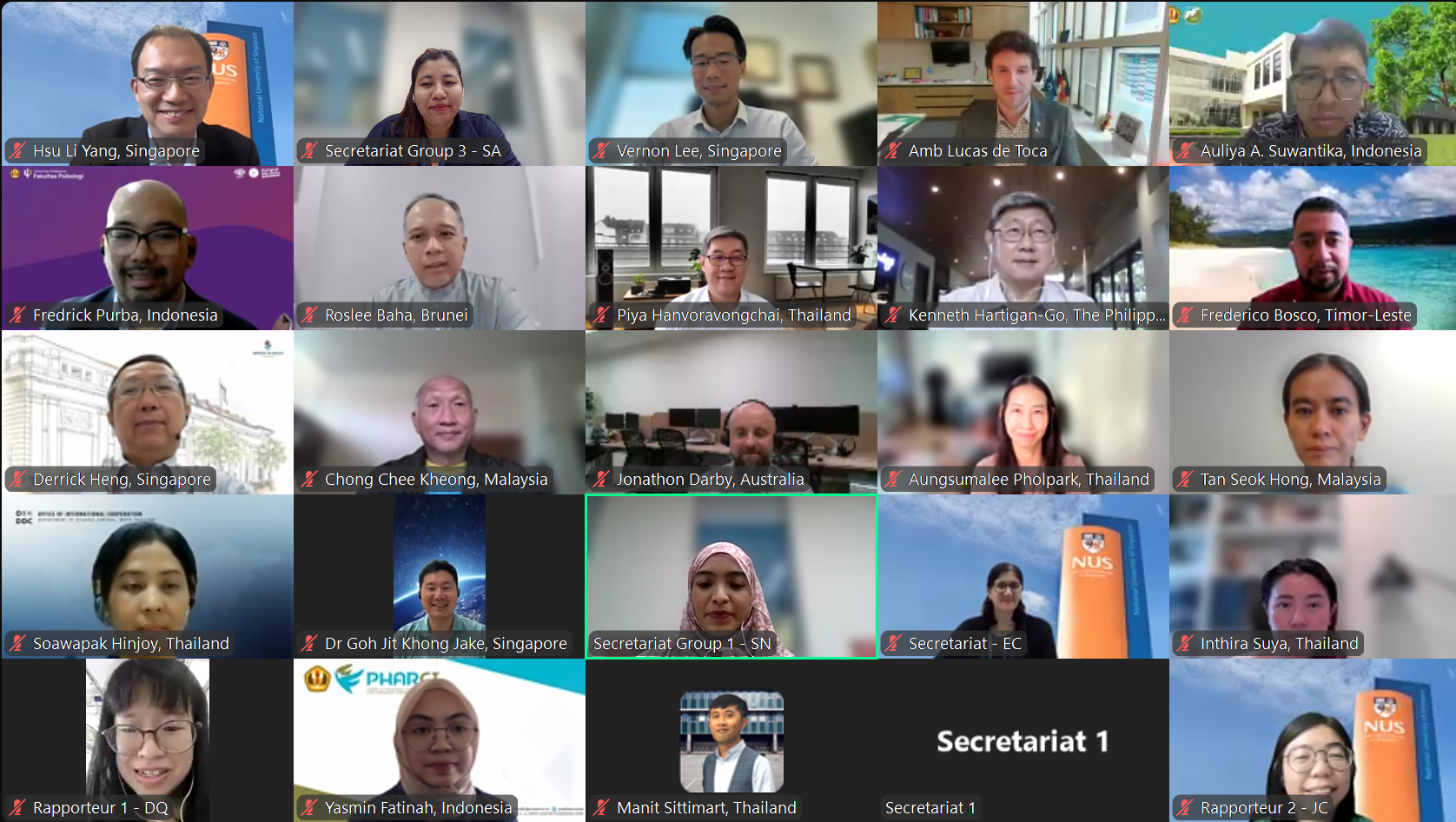
Participants at the Southeast Asia Health Security Virtual Roundtable – “Harnessing Insights for a Comprehensive Approach to Future Pandemic Preparedness” held on 27 September 2024.
The fourth in the series, the Southeast Asia Health Security Virtual Roundtable, with the theme “Harnessing Insights for a Comprehensive Approach to Future Pandemic Preparedness”, concluded on 27 September 2024. More than 30 high-level participants from government, academia, and other relevant organisations, all of whom had participated in one or more of the previous three Roundtables, gathered with the aim of develop consensus recommendations for a holistic approach to future regional pandemic preparedness.
During the three-hour long meeting, participants reflected on lessons learned and shared valuable insights from the previous Roundtables held in Indonesia, Thailand and Singapore respectively, through breakout rooms facilitated by the faculty. This structured approach allowed for the identification of priority areas for future action, reinforcing the commitment to enhance regional pandemic preparedness while ensuring that all voices were captured in the process. The Roundtable discussions created a collaborative atmosphere that encouraged learning among countries and led to holistic recommendations for pandemic preparedness, enabling participants to agree on next steps and action plans for ongoing communication and collaboration.
In his keynote speech, Professor Vernon Lee, Executive Director of the Communicable Diseases Agency, emphasised that no country is an island when it came to pandemics. He stressed the importance of a collective and international response to mitigate the risk of larger outbreaks, highlighting how cooperation with regional neighbours and international organisations facilitates the sharing of critical resources, knowledge, and strategies. Drawing on lessons from Singapore, he mentioned how instrumental the whole-of-government and whole-of-society approach was to tackling the COVID-19 pandemic. This required coordinated efforts not only with public healthcare institutions but also with various ministries, including trade and industry, transport, defense, and education. Additionally, engaging with civil society and the private sector is crucial for a comprehensive response.
A White Paper outlining the finalised recommendations will be prepared and shared with all participants, as well as disseminated to key stakeholders, including ministries of public health, the ASEAN Health Secretariat, and WHO regional offices. We hope that the knowledge and insights gained from these discussions will not only inform future Roundtables but also spark research collaborations and facilitate knowledge exchange across the region.
We extend our heartfelt thanks to DFAT for their invaluable support, which has been instrumental in the success of this series. Through these collaborative discussions, we aim to build a more resilient framework for future pandemics, ensuring that we can effectively navigate the challenges ahead. Thank you to all participants and faculty for your contributions and dedication to enhancing our collective preparedness.
Report
This report summarises the fourth and final Roundtable in the series, which gathered over 30 high-level participants from government, academia, and relevant organisations. Building on prior sessions, the Roundtable focused on reflecting on key findings, discussing outcomes, and formulating next steps. Under the theme, ‘Harnessing Insights for a Comprehensive Approach to Future Pandemic Preparedness,’ the participants aimed to develop consensus recommendations for a holistic approach to Preparing for Future Pandemics. Read the report here.
